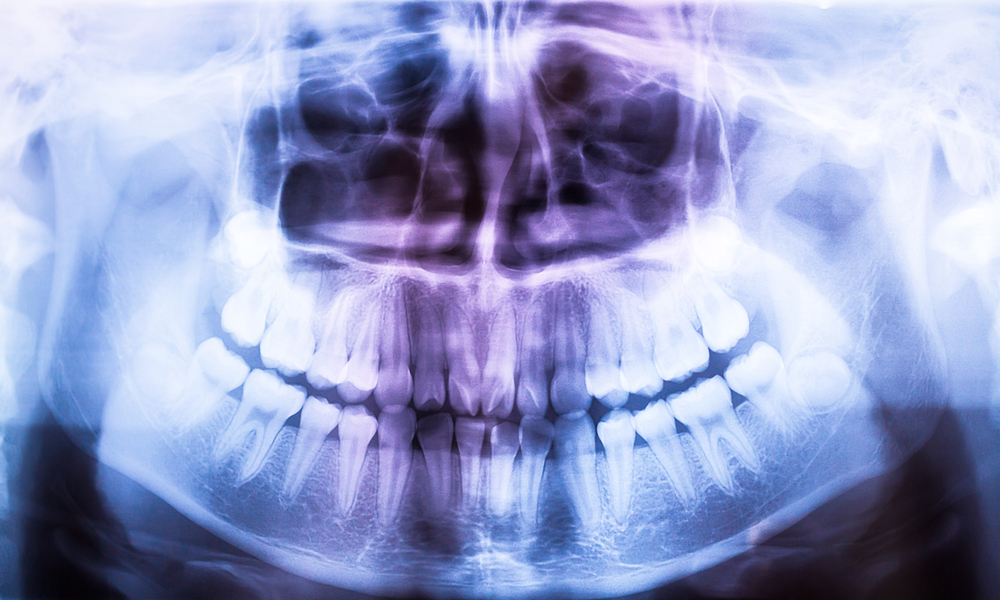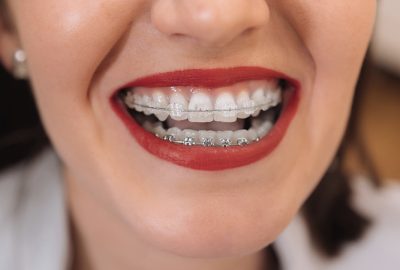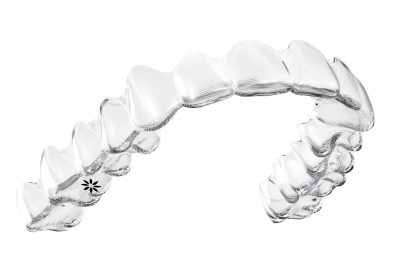Do wisdom teeth affect orthodontic treatment?
Wisdom teeth are something of a mystery – they may have been useful to our ancestors long ago, but these days, they are surplus to requirements, and in some cases, problematic.

Unsurprisingly, our patients often ask us about their wisdom teeth, and how they could impact their orthodontic treatment.
In this blog, we answer some of your most frequently asked questions about wisdom teeth and braces.
What are wisdom teeth?
Our wisdom teeth are located at the back of our mouths. Most people have four wisdom teeth – one on each side of the upper and lower jaw. They’re usually the last teeth to emerge in your late teens or twenties.
Thanks to improvements in oral hygiene and changes to our diet, we don’t need our wisdom teeth – or have the space for them. This means they struggle to erupt normally and can become stuck underneath the gum – otherwise known as impacted.
Do impacted wisdom teeth need to be removed?
If your wisdom teeth are impacted but not causing you any problems, they don’t need to be removed. There are no proven benefits, and the procedure carries a risk of complications.
It’s essential to clean your wisdom teeth carefully. Food and bacteria can easily get trapped around the gumline. If despite your best efforts, your impacted wisdom teeth cause issues like gum disease, abscesses or infection, your dentist might suggest removing them as a last resort.
Can wisdom teeth interfere with orthodontic treatment?
You’ll be pleased to learn that wisdom teeth don’t impact orthodontic treatment, whether they’re already present or making their first appearance. At no point will they apply enough force to affect the alignment of your teeth.
During your initial consultation, we’ll carefully examine your teeth and jaws and take X-rays if necessary to make sure you’re suitable for braces. If we have any concerns about your wisdom teeth, we’ll refer you to your dentist or a specialist for treatment.

Will my wisdom teeth change my new smile?
Some patients worry that their wisdom teeth will emerge post-treatment and undo all their hard work. It’s a common misconception that wisdom teeth push your other teeth forward to create crowding. Thankfully, this isn’t the case.
Again, your wisdom teeth only exert a tiny amount of force – not enough to move your teeth. As we age, our teeth naturally start to drift and overlap. After braces, we can avoid this outcome by fitting fixed and removable retainers to hold your teeth in their new positions. We recommend wearing your retainers indefinitely to maintain your new smile.
Can I come and talk to an expert?
Yes! If you’d like to discuss straightening your teeth with a specialist orthodontist in Hove, we’d be delighted to meet you for a no-obligation consultation. Contact our friendly team to ask us any questions and arrange your first appointment.

 Hove
Hove 01273 203514
01273 203514


 Read more
Read more

